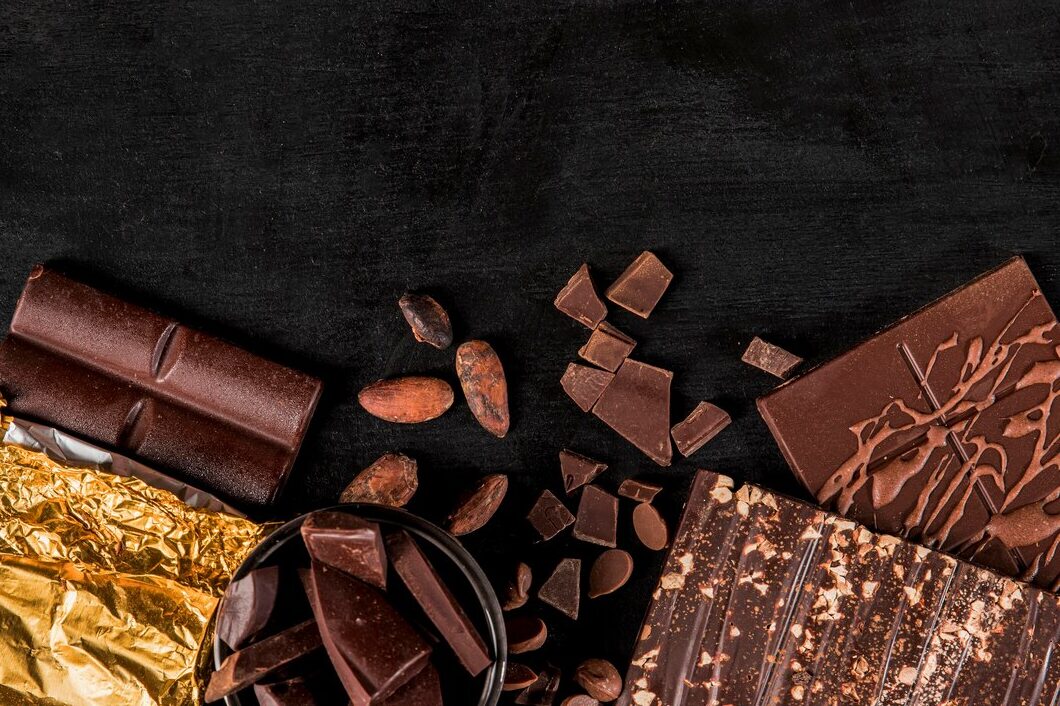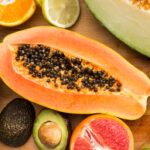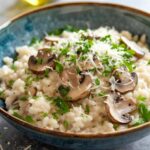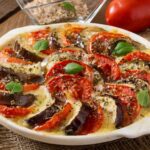Atrial fibrillation (AFib) is a common heart condition characterized by an irregular and often rapid heart rate. Managing AFib involves more than just medication—lifestyle changes, particularly diet, play a crucial role. Certain foods can exacerbate AFib symptoms or interfere with treatment, especially if you’re taking blood-thinning medications. For South Africans with AFib, here’s a guide to 20 foods and drinks to avoid for better heart health.
1. Processed Meats
Processed meats like biltong, sausages, and bacon are high in sodium, which can increase blood pressure and worsen AFib symptoms. Opt for fresh meats or plant-based alternatives.
2. Salty Snacks
Foods like chips, salted nuts, and crackers are packed with sodium, which can lead to fluid retention and elevate blood pressure, both risk factors for AFib.
3. Full-Fat Dairy Products
While dairy can be a good source of calcium, full-fat versions like whole milk, cream, and certain cheeses are high in saturated fat, which can contribute to heart disease.
4. Fried Foods
Foods like vetkoek, fried chicken, and samoosas are high in unhealthy trans fats, which can increase cholesterol levels and contribute to heart issues.
5. Caffeinated Beverages
Excessive caffeine, found in coffee, certain teas, and energy drinks, can trigger heart palpitations in people with AFib. Limit your intake to moderate levels or opt for caffeine-free options.
6. Sugary Drinks
Sodas, sweetened iced teas, and sugary juices can lead to weight gain, which puts additional strain on the heart and increases AFib risk.
7. Alcohol
Heavy alcohol consumption is a known trigger for AFib episodes. Reducing or eliminating alcohol can help stabilize your heart rhythm. Even social drinking, such as wine or beer, should be kept in moderation.
8. Excessive Chocolate
While dark chocolate has some heart health benefits, it also contains caffeine and can act as a stimulant, potentially triggering AFib in sensitive individuals.
9. Red Meat
High consumption of red meat, such as beef, lamb, and pork, is associated with increased cholesterol levels, which can worsen heart conditions.
10. White Bread and Refined Carbs
Foods made from refined carbohydrates, such as white bread, pastries, and certain breakfast cereals, can spike blood sugar levels and contribute to obesity, a known AFib risk factor.
11. Butter and Margarine
Both butter and margarine are high in trans fats and saturated fats, which can lead to increased cholesterol and higher blood pressure. Heart-healthy fats, like olive oil, are better alternatives.
12. Pickles and Preserved Foods
Foods like pickles, chutneys, and atchar are high in sodium due to the preservation process. High sodium intake can lead to fluid retention, raising blood pressure and the risk of AFib episodes.
13. Canned Soups and Meals
Canned soups, beans, and pre-packaged meals often contain high levels of sodium, which can increase blood pressure and strain the heart. Choose low-sodium or fresh alternatives.
14. High-Sodium Sauces
Sauces like soy sauce, barbecue sauce, and marinades can be surprisingly high in sodium, which can elevate blood pressure and trigger AFib symptoms.
15. Energy Drinks
Energy drinks are not only high in caffeine but often contain other stimulants like taurine and sugar, both of which can increase heart rate and potentially lead to AFib episodes.
16. Grapefruit and Grapefruit Juice
If you’re on blood-thinning medication (like warfarin), grapefruit can interfere with its effectiveness, leading to dangerous blood clots or bleeding. Always check with your doctor about fruit interactions.
17. Artificial Sweeteners
Some artificial sweeteners, particularly those found in diet sodas or low-calorie snacks, can trigger heart palpitations in people sensitive to these chemicals.
18. Processed Cereals
Many processed cereals are high in sugar and refined grains, which can spike blood sugar and insulin levels, increasing the risk of heart issues. Opt for whole grains like oats or bran cereals instead.
19. High-Sodium Cured Fish
South African favourites like snoek and other smoked or dried fish varieties are often preserved with salt. Limiting your intake of cured fish can help manage blood pressure.
20. Desserts with High Sugar Content
Cakes, cookies, koeksisters, and other sugary desserts can cause blood sugar spikes and contribute to obesity, which is a risk factor for AFib. Consider healthier alternatives like fruit or unsweetened yogurt.
Additional Tips:
- Focus on Fresh Foods: Choose fresh vegetables, fruits, lean proteins, and whole grains. These foods support heart health and help keep blood pressure and cholesterol in check.
- Limit Sodium: Keep an eye on the sodium content in foods, especially in processed and packaged items. The recommended daily intake of sodium is less than 2,300 mg, but for people with heart conditions, it’s often lower.
- Stay Hydrated: Dehydration can sometimes trigger AFib episodes. Drink plenty of water and limit alcohol and caffeinated beverages, which can dehydrate the body.
For South Africans living with atrial fibrillation, making mindful food choices is essential for managing the condition and improving overall heart health. By avoiding these 20 foods and embracing a diet rich in heart-healthy options, you can help reduce AFib episodes and maintain a healthier lifestyle. Always consult with your healthcare provider or a dietitian to create a diet plan that best supports your heart health.








